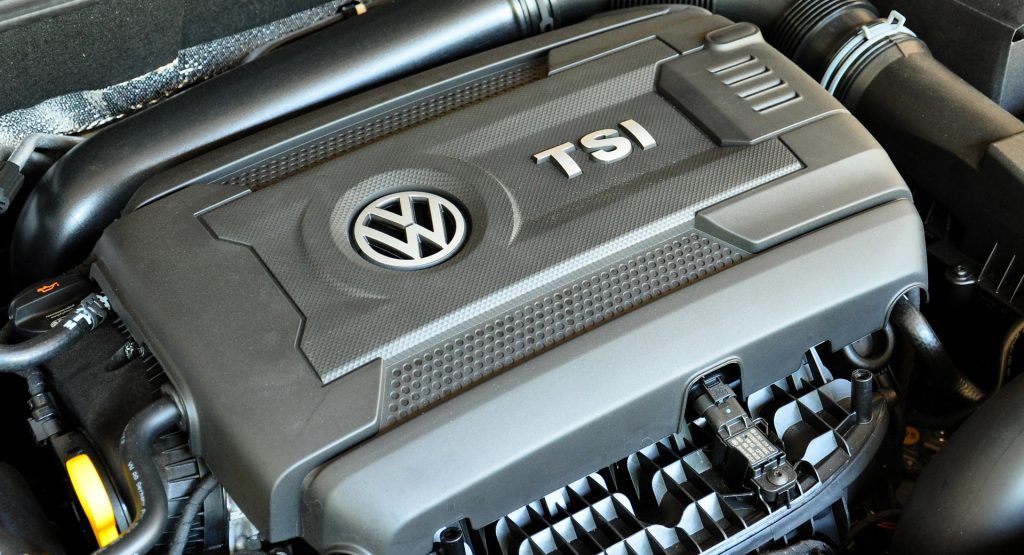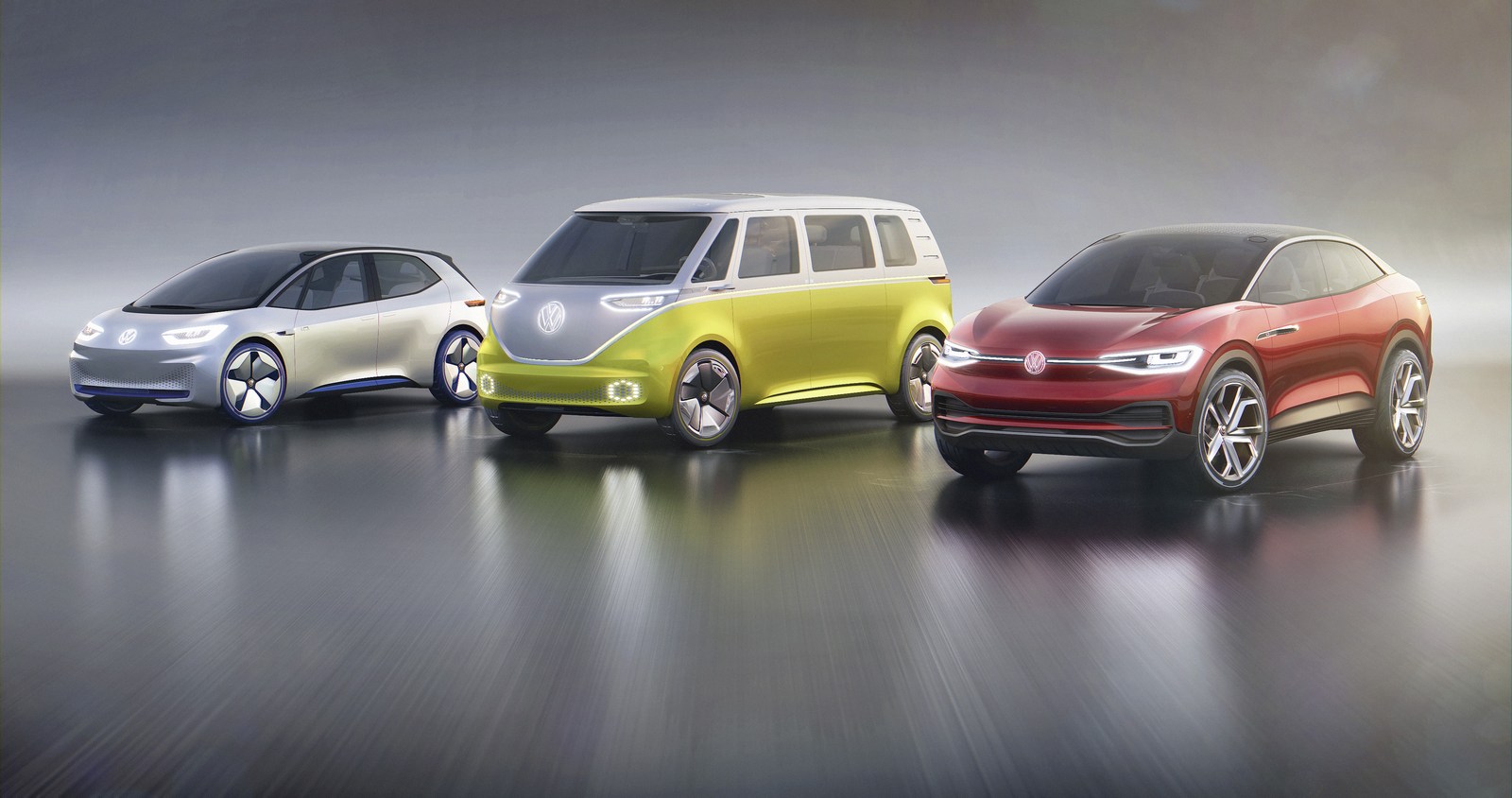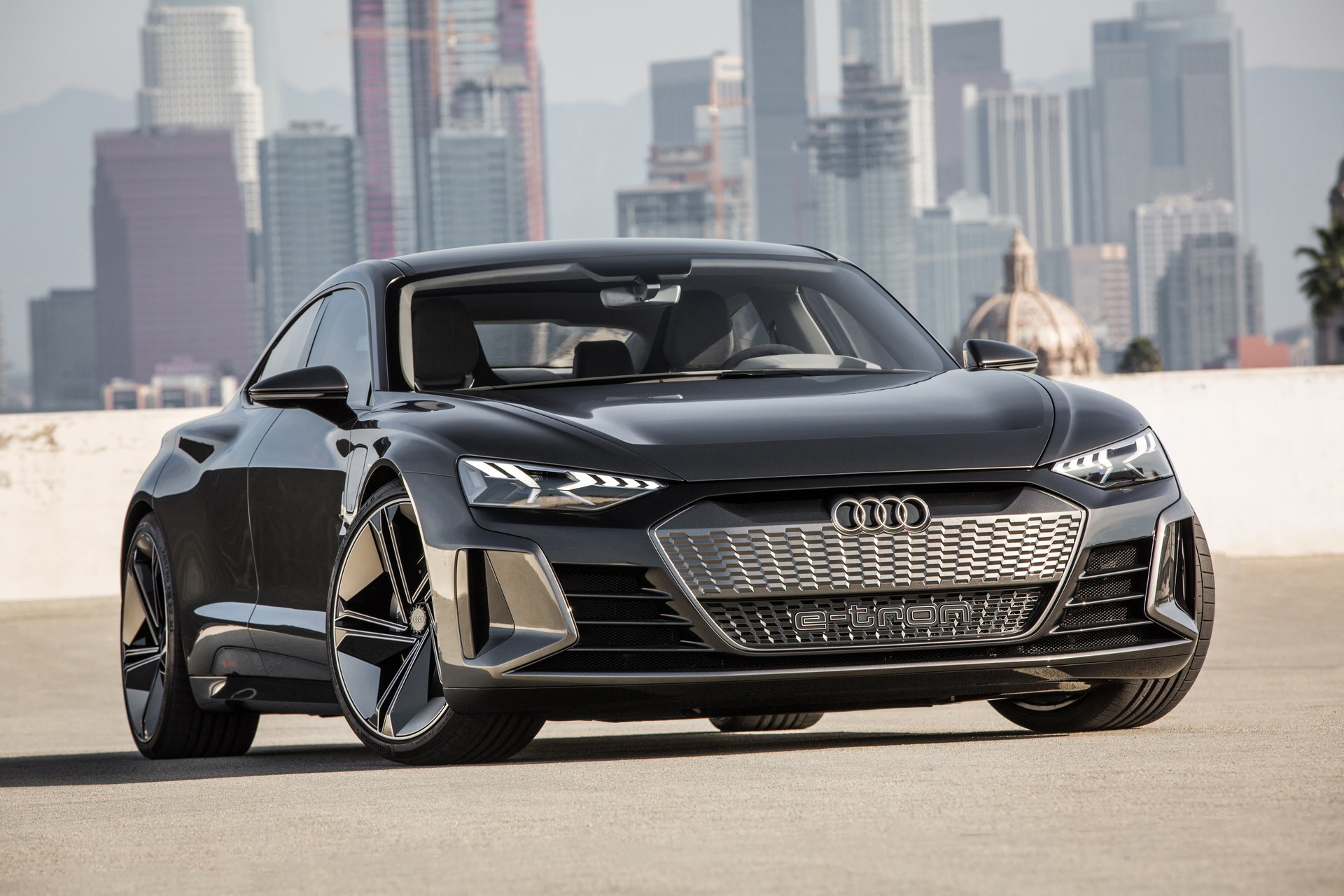Volkswagen hasn’t been shy about its electric vehicle ambitions and this will reportedly mean the demise of the internal combustion engine.
This won’t happen overnight, but it’s not too far in the future as Bloomberg reports the company’s next-generation of engines will be its last. The new petrol and diesel units are slated to arrive in 2026 and they will mark the end of an era for Volkswagen.
As Volkswagen’s chief strategist, Michael Jost, explained “We’re gradually fading out combustion engines to the absolute minimum.” He went on to say “Our colleagues are working on the last platform for vehicles that aren’t CO2 neutral.”
Volkswagen’s electric push is already underway and it will kick into high gear when the company introduces the production version of the ID concept. Expected to be called the ID Neo, the hatchback will begin rolling off the assembly line late next year.
Even after Volkswagen launches the ID family, conventionally-powered models will still stick around even though an increasing number of them will be electrified. Jost even suggested petrol and diesel engines could still be available after 2050 as certain developing markets might not have enough charging infrastructure to support the transition to electric vehicles.
The revelation comes hot on the heels of Audi’s announcement to invest approximately $15.8 (£12.5 / €14) billion into electric mobility, digitalization and autonomous driving technology by the end of 2023. The investment will be used to fund a number of eco-friendly models and by 2025, Audi will offer “approximately 20 electrified models, about half of which will have all-electric drive systems.”
Despite the massive investment, Audi is relying on the help of its sister brands for its electric vehicle push. The automaker is jointly-developing the Premium Architecture Electrification (PPE platform) with Porsche and it will be used to underpin large electric vehicles. Smaller models, such as the entry-level E-Tron Hatchback, will ride on the MEB platform developed by Volkswagen.






